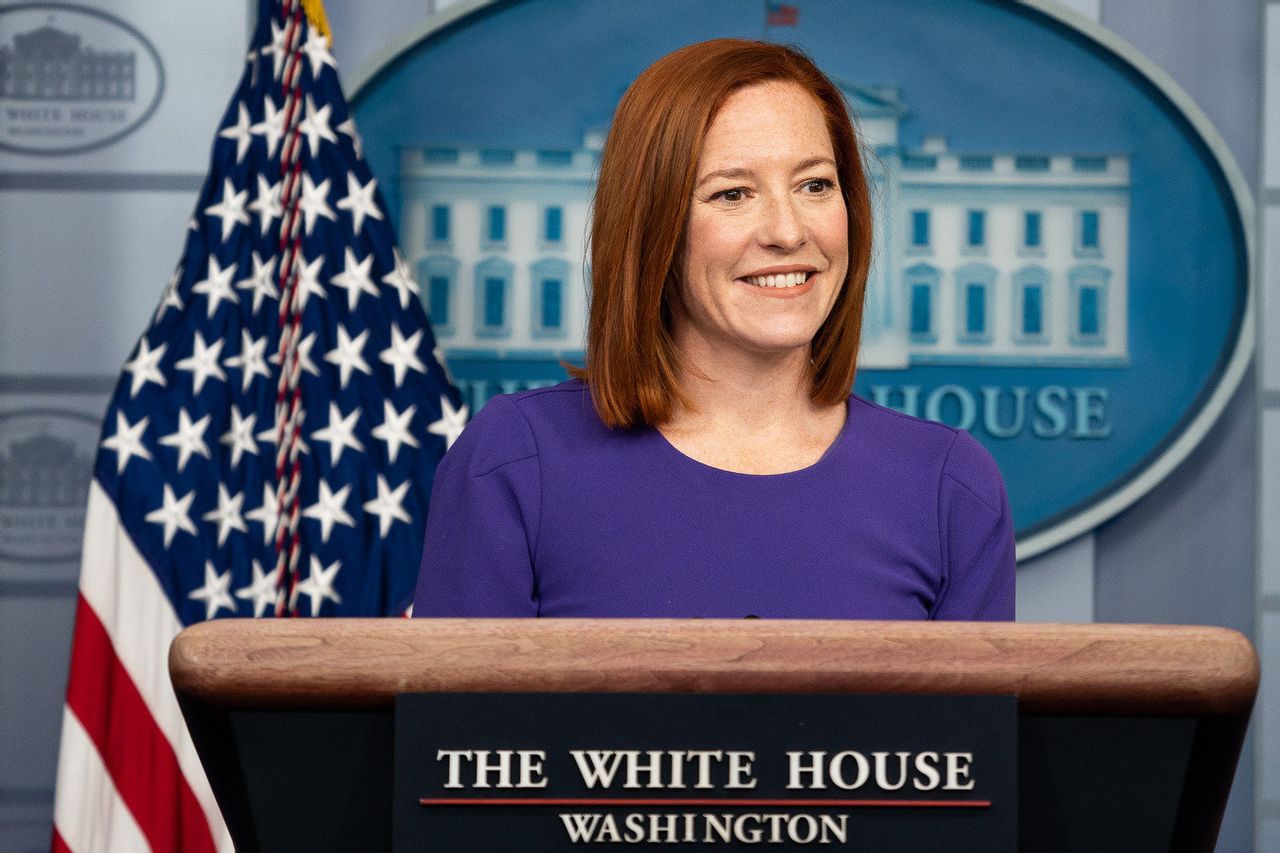Worried About Delta Variant, White House Says US Won't Lift Travel Restrictions

JAKARTA - The United States (US) will not lift its current travel restrictions, due to concerns over the spread of the Delta variant of COVID-19 and the soaring number of infections in the US, according to the White House.
The decision came after a senior-level White House meeting on Friday night last week. This means that the long-term travel restrictions that have barred a large part of the world's population from the United States since 2020 will not be lifted anytime soon.
"Given where we are today, with the Delta variant, we will maintain existing travel restrictions at this time," White House Press Secretary Jen Psaki said on Monday, citing the deployment of the Delta variant in the United States and abroad. Tuesday 27 July.
"Driven by the Delta variant, cases are increasing here at home, especially among those who are not vaccinated and appear to continue to increase in the next few weeks," continued Psaki.
The announcement would almost certainly crush any bids by US airlines and the US tourism industry to 'save' summer travel by Europeans and others hit by the restrictions.

Airlines have been lobbying the White House for months to lift the restrictions, some saying the industry may now have to wait until September or later for possible revisions.
The US currently bans most non-US citizens who have been in the UK in the last 14 days, 26 Schengen countries in Europe without internal border controls, or in Ireland, China, India, South Africa, Iran and Brazil.
The extraordinary travel restrictions were first imposed by the US on China in January 2020, to limit the spread of COVID-19. As the pandemic spread, other countries were added to the list, with the latest being India in early May.
Last week, the US Department of Homeland Security said the US land borders with Canada and Mexico would remain closed for non-essential travel until at least August 21. Meanwhile, at the same time Canada will begin allowing fully vaccinated American tourists starting August 9.
Asked on July 15 at a joint appearance with German Chancellor Angela Merkel about when the United States would lift Europe's travel restrictions, US President Joe Biden said he would look into developments.
While Chancellor Merkel has said any decision to lift restrictions should be a sustainable one, it doesn't make sense to pull them back after just a few days. Since that press conference, cases of COVID-19 infection in the US have soared again.
Separately, US Centers for Disease Control and Prevention (CDC) Director Rochelle Walensky said on Thursday last week, the seven-day average of new cases in the United States was up 53 percent from the previous week. The Delta variant, which was first discovered in India, now accounts for more than 80 percent of new cases nationwide and has been detected in more than 90 countries.
Psaki also cited the fact that last week the CDC urged Americans to avoid travel to the UK, given the spike in cases of COVID-19 infection.
While the restrictions have drawn strong criticism from people being prevented from seeing loved ones, the White House acknowledged the desire to reunite separated families.
President Joe Biden's administration previously declined to offer any metrics that would trigger when it would loosen restrictions, not yet disclosing whether to remove restrictions on individual countries or focus on increasing scrutiny of individual travelers.
Last week, Reuters reported the White House was discussing the potential for administering a COVID-19 vaccine to international visitors, but no decisions had been made, sources briefed on the matter said.
The Biden administration has also spoken with US airlines in recent weeks about establishing international contact tracing for passengers before lifting travel restrictions.
